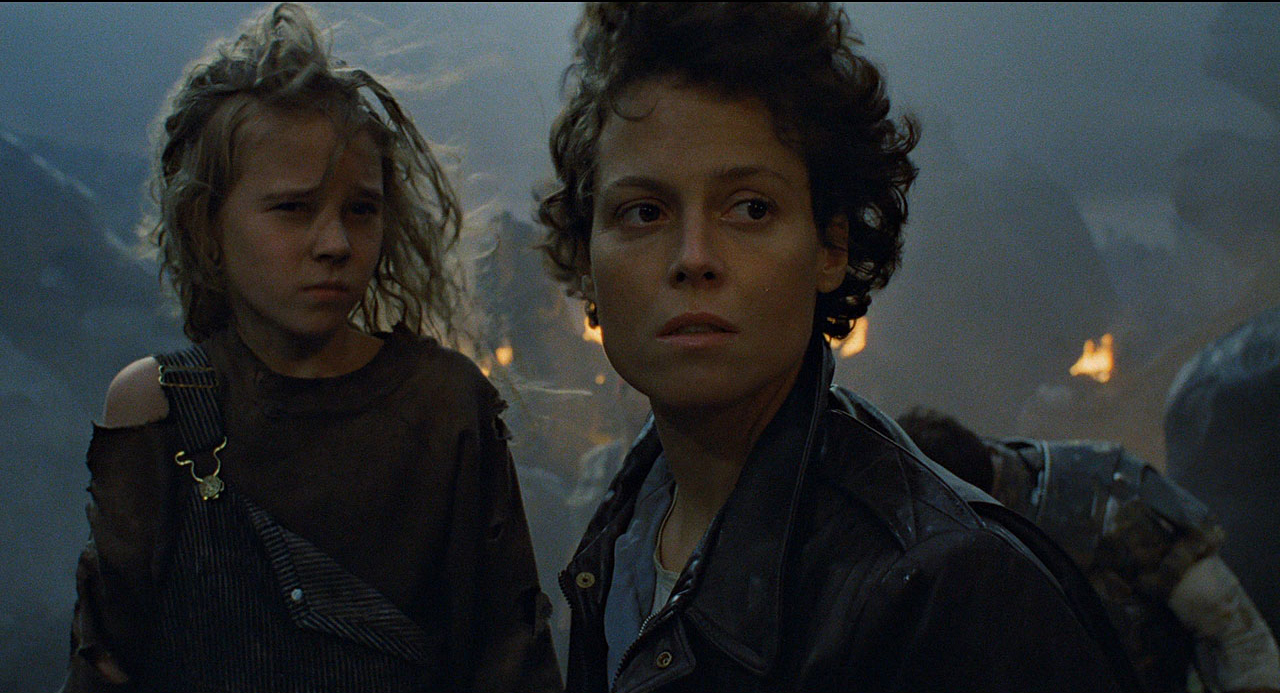Reading Time: About 3 minutes
Today is my father’s birthday. Had he lived, he would have been 72.
Each year that he is gone the anniversary of his birth becomes more significant. I can’t really explain why because in the later years of his life we were not close. There are many reasons for our estrangement. None of them are important to this story, nor do they matter in the context of a blog about storytelling. Except, that’s not entirely true. Let me explain.
A few years ago, I started playing a silent game in my mind. When I play this game, I try to relate to something that’s foreign to me by finding a common context. For example, when I look at historic photos of noteworthy moments in time, like the sailing of the Titanic, it’s hard for me to relate. All those people in the photos look so foreign, with their crazy hair styles and overly formal apparel. They don’t seem real. So, I try to imagine what I would look like in those clothes. I try to overlay people I know today onto the faces in the photos. When I do, I begin to imagine stories—stories that would be perfectly believable for the friends and acquaintances I uses as points of reference. That’s when the magnitude of the historic event begins to move me.
The same is true for my relationship with my father. He wasn’t around much for a good portion of my life. I have some wonderful memories of the times we were together. I also have some jarring ones—some I’d like to forget. Because we were so estranged in the later years of his life, it’s often hard for me to picture him today. But then I play my silent game. For example, I did some math today and I realized that when my dad was my age he had a son (me) who was one year younger than my son. I can’t explain why that matters, but it does. It allows me to think of he and I at a bar having a beer talking about our sons. I am suddenly able to relate to him. I can imagine what he would say, how he would say it, and what impact it would have on me.
For the record, my father never met a stranger. A conversation in a bar such as the one I described above would have been fun. He loved to joke. He loved to share what he knew. He loved to tell stories, usually with a Pall Mall cigarette in one hand and a beer in the other.##Points of Relation
This all boils down to the purpose of this post. When telling a story, clearly set your point of departure so that your audience can anchor in and relate from there. Find tiny details that put us at the bar with your characters.
When I was trying to think of a good example for this post, for some odd reason my mind went to Aliens, the 1986 SciFi thriller by James Cameron. I loved that movie. It made me want to go to film school. Part of the reason I loved it was the way I related to the characters, and the relating points were often so subtle. For example, I remember early in the film developing a bond with Ripley (an encore portrayal played by Sigourney Weaver) because of the way she reacted when she was reunited with her cat, Jonesy. A small, almost insignificant story snippet that could have been cut built a bond between me and her. Similarly, I remember the scene right after the first alien attack, when the marines realize this isn’t a simple “bug hunt.” Ripley tries to take control of the situation when the crew finds itself disastrously stranded with a planet full of aliens:
- Ripley
- How long after we're declared overdue can we expect a rescue?
- Hicks
- [pause] Seventeen days.
- Hudson
- Seventeen! Hey man, I don't wanna rain on your parade, but we're not gonna last seventeen hours. Those things are gonna come in here just like they did before. And they're gonna come in here...
- Ripley
- Hudson!
- Hudson
- ...and they're gonna come in here AND THEY'RE GONNA GET US!
- Ripley
- Hudson! This little girl survived longer than that with no weapons and no training.
[to Newt]
Right?
[Newt apes a salute] - Hudson
- Why don't you put her in charge?
That exchange, with a bit of comic relief at the end, puts us on a level playing field with the characters. We feel what Hudson feels. And Ripley uses another point of relation (a child surviving for much longer than 17 days) to help knock him out of his funk.
Whether you’re building a brand or writing a novel, the storytelling lesson is the same. You have to find that point of relation to make your audience care. I always remember the State of the Union addresses by Bill Clinton because of a clever storytelling trick he employed that follows this lesson. He always—always—had someone affected by his topic in the audience. When he spoke about his policy proposal, we could look over and see a real person who embodied the issue. It was very effective. I suspect that some of you who are reading this were able to relate to me simply because of what I disclosed about my relationship with my father. You have to find the common bridges in humanity to make your audience care.
We can study photographs of the Gilded age and wonder what those people were like, or we can watch Downton Abbey and revel in the lustful similarities to the world we live in now. Give your audience a means to relate to the folks in your story. They’ll engage and look for a reason to come back for more.

